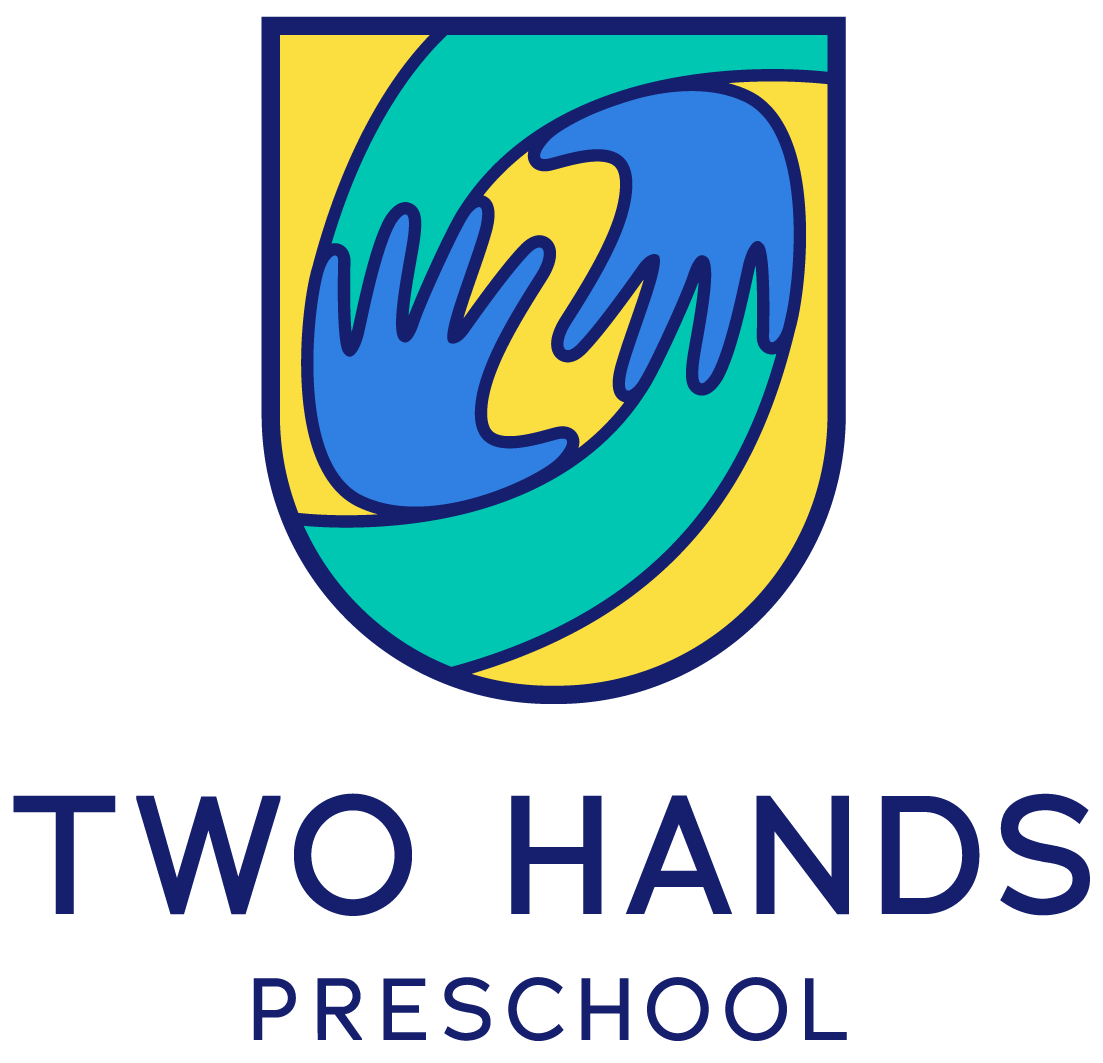Is Two Hands Preschool a Montessori nursery?
The short answer is ‘no’. Rather than remaining faithful to one educational approach, such as Montessori, we draw from a range of early years philosophies, including Montessori, Froebel and Reggio Emilia. More importantly, what we do is grounded in the latest research in early years teaching and we cannot make a firm commitment that our approach will always align to the Montessori method. However, the longer answer is more complex. Although Two Hands Preschool is not an authentic Montessori nursery, it has many features of a Montessori educational setting and, perhaps worryingly, more than some preschools that do claim to be Montessori!
The name “Montessori” is not a trademark and so it is a label that nurseries and preschools often adopt, whether they follow the Montessori method or not. This can be a wise move from a business perspective. Montessori nurseries are very popular and many parents looking for a nursery may start their search simply by typing ‘Montessori nursery’ into a search engine and then start browsing the ones that come up in their area. There is also a perception that by claiming to be ‘Montessori’, nurseries can charge higher fees, just as manufacturers attach the label to a toy to justify a higher price tag. These nurseries and learning resources are relying on the fact that although many people have a sense of what Montessori involves, most do not know what makes an educational setting or a learning resource authentically Montessorian. Many aspects that people are associate with Montessori education are, in fact, not unique to the Montessori method, but rather are accepted as good practice in early years.
Features of a Montessori nursery that Two Hands Preschool shares:
We focus on the whole child, supporting their social, emotional, cognitive and physical development.
We aim to cultivate a lifelong love of learning, so that our children remain perpetually curious about the people and the world around them and develop positive associations with school.
Our learning environment is aesthetically pleasing and free of clutter, to minimise ‘noise’ and to encourage children to respect their environment.
Our garden has natural outdoor activities, such as gardening, and our children can move freely between indoor and outdoor learning.
We place a strong emphasis on supporting children’s independence and part of this is providing natural opportunities for practical life activities, such as preparing snacks, pouring water, washing up bowls, putting resources back in their place or hanging up their coats. Our staff are trained to provide the minimal amount of support or the encouragement each child needs so they can complete such tasks on their own.
Under supervision, children have access to breakable materials and potentially risky equipment (such as scissors or other tools) taught to handle them with care. During any creative activities, we focus on the skills and processes involved, rather than the end product. Children at Two Hands Preschool may not come home with an impressive animal craft design, but it will always be their own work.
Features of an authentic Montessori nursery that Two Hands Preschool does not have:
Two Hands Preschool is not registered with the AMI (Association Montessori International) or with the Montessori Centre International. Those are the two bodies in the UK who give an ‘official’ Montessori accreditation.
The teachers are Two Hands are fully qualified early years teachers, but not qualified specifically in the Montessori method.
In a Montessori setting, children between the ages of 3 and 6 would be grouped together. In practice, this is hard to achieve in most nurseries in the U.K. because children typically move to a primary or prep school at age 4 or 5. At Two Hands, our children are grouped by age so that each small group has their own dedicated learning zone, but there are opportunities throughout the day for children to mix across these groups.
One of the key elements of the Montessori method is the work cycle, which is a three-hour period of uninterrupted, intense, independent immersion when children have the opportunity to choose what they would like to work on based on their interests. Children at Two Hands do have opportunities throughout the day to follow their own interests (child-led activities) both indoors and outdoors, but this is balanced with adult-initiated learning and our day is not structured to provide the three-hour work cycle.
In a Montessori nursery, children often have free access to snacks and water. At Two Hands, children have free access to water but in line with recommendations by early years nutritionists, meals and snacks are offered at a similar time each day to help establish a good meal routine.
Group time activities are never mandatory in a Montessori school and neither are any extra-curricular activities. Whilst we would certainly not compel a child to get involved if they were adamant they did not want to, we do actively encourage participation from all children in group activities.
If you are committed to the Montessori approach to education in its entirety, Two Hands Preschool is not the right setting for your child. However, if you are looking for a nursery that seeks to nurture and develop the whole child, fosters independence, promotes curiosity and will help your child become a learner for life, then Two Hands Preschool meets those criteria and may well be a good fit for your family.











